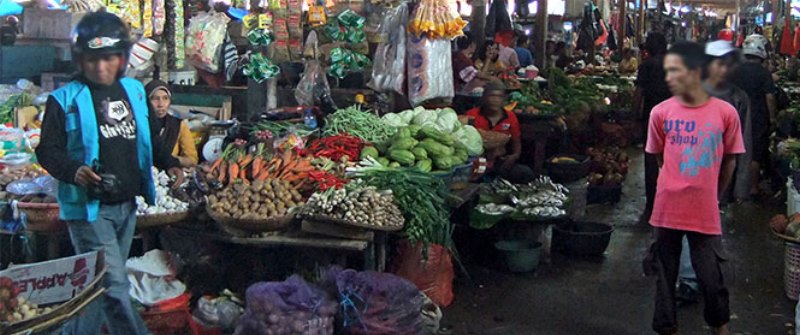
04 Dec Tracing messy processes of governance (blog by H. Schulte Nordholt)
KITLV is involved in a program called ‘Governance, Markets and Citizenship’. It consists of economists working on regional economic developments, public administration people looking at processes of certification of small holder coffee and palm oil, and political anthropologists concentrating on emerging forms of citizenship in Indonesia. This unlikely combination of different topics, disciplines, intellectual make ups etc., was asked to produce some common ground. Why? Because we were put together in a programme, and a programme is supposed to deliver.
We decided to see to what extent “governance” could be a helpful device to bridge the broad and wild rivers that kept us apart.
Once, governance was a simple concept, indicating primarily institutional and often top down processes of decision making while government was almost synonymous with governance. That was the past. Meanwhile, waves of administrative decentralisation, democratization, globalization and neoliberalism have made our field of research far more complex. Moreover, a new World Bank language has even more complicated the way we are supposed to think. Instead of ancient words like Power, State, Capital, and Class, WB persons prefer to use the term Partnership. Aiming to exclude bad politicians and inefficient government institutions another round of decentralisation is being implemented, which will directly reach the village level. Exit politics, which is now reframed by the WB in terms of Service Delivery. So, from now on (public-private) partnerships deliver services at your doorstep, dear villager, while corruption is apparently eliminated.
In the midst of these confusing processes and newspeak, we tried to find a way out by defining governance very loosely as: complex processes of decision making and implementation, involving a variety of institutions, organizations and interest groups – inside and outside government, national and transnational, formal and informal – with no overall control system in place. The three projects, on regional economy, small-holder certification and forms of citizenship, can function as three windows through which we might better understand how Indonesia actually works, including corruption, clientelism, exclusion and, yes, democracy. This approach may offer interesting outcomes to the uninformed decision to bring these three projects together in one programme.




No Comments